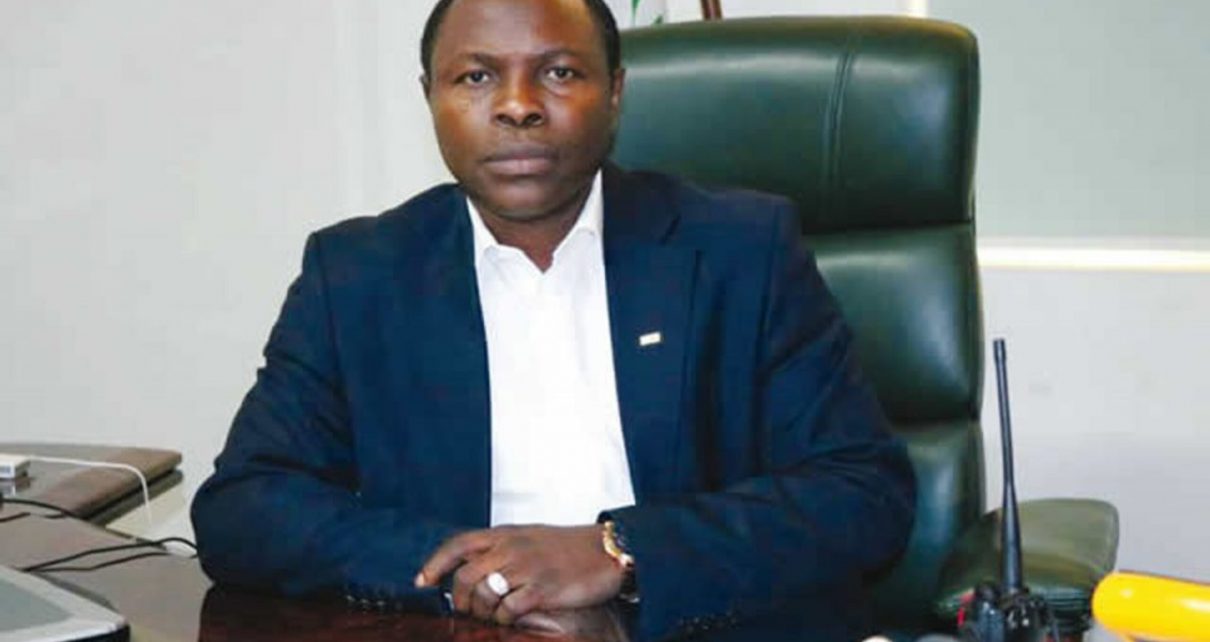Kola Balogun, an expert on power, says that putting skilled technocrats in charge of highly technical power companies can cut down on the number of times the national grid goes down.
This was said by Balogun, the chairman and chief executive officer of Momas Electricity Meters Manufacturing Company Ltd. (MEMMCOL), in an interview on Tuesday in Lagos.
According to Balogun, it is regrettable that the nation still often experiences system breakdown and would do so in the future if proactive actions are not implemented.
According to him, the federal government should ensure increased infrastructure spending along with careful oversight to confirm problem-solving.
Between January 2010 and June, 222 times, Nigeria’s national grid failed.
It has fallen seven times this year, from January to September. The effects of these failures on society and the economy are catastrophic.
He said: “The transmission system requires a very meticulous and competent personnel structure.
“This is especially when it comes to load distribution, as it entails putting certain calculative preventive measures in place.
“The issue here is the lack of competence of the entire leadership and management of the transmission system.
“Let us assume we do not have the adequate infrastructure for transmission.
“I can assure you that if we have competent hands that understand the entire architecture of maintaining a standardised frequency threshold, there would be minimal records of these collapses,” he added.
Balogun added that cops who broke rules and protocol were not disciplined to prevent them from acting carelessly or negligently while on duty.
The electricity specialist stated that the sector has promoted impunity, disobedience, and complacency.
According to him, outdated substations also prevented Nigeria from having a reliable power supply.
If the government does not recognise that distribution substations are significant barriers impeding the reliability of the power plants, all of its efforts, in his opinion, will be for nought.
“My point exactly here is that the only interface we have today between the consumer and the DisCos is the distribution substation, but they are in a total state of dilapidation; an eye-sore.
“I can boldly say that the prime years of my life have been about electricity as I have worked with the power sector for the past 30 years.
“I owe every duty to advise the power sector on the way to go. This is the reason I took it upon myself to introduce the ‘Substation enhancement concept,’ just the way I introduced the prepayment concept in 1995,” he said.
According to Balogun, the purpose of the substation enhancement concept was to fix nearly all of the problems listed in the Distribution Code, an Act that was designed to monitor the condition of the distribution substations.
“Unfortunately, most of the players are not adhering to this code, and that is the reason I have conducted the application of these new substation enhancement concepts across a few DisCos.
“This is for the nation to see that it is the way to go to have a stable and steady power supply as well as to guarantee the cost recovery of our investment in the upstream (generation and transmission companies),” said Balogun.
Regarding the government’s backing and sponsorship of local power meter makers, Balogun expressed his gratitude.
He claimed that although government patronage had recently improved, it should continue with the goal of backward integration in order to create employment at a very high rate and keep unemployment to a bare minimum.
“It will also at the same time, bridge the technology knowledge gap,” Balogun said.
According to him, local producers of meters have the ability to provide the demand for prepaid meters in the country.
He continued by saying that if the government could guarantee that the meters would be transported off-site, there was enough capacity and capability to meet the country’s need.
He responded, “I won’t be able to provide you the specific production capacity of other manufacturers, but I can tell you the whole production capacity data in my own case.” in reference to the total production capacity of the domestic electricity meter makers.
“Under normal circumstances, we have the capacity to produce 500,000 meters annually.


